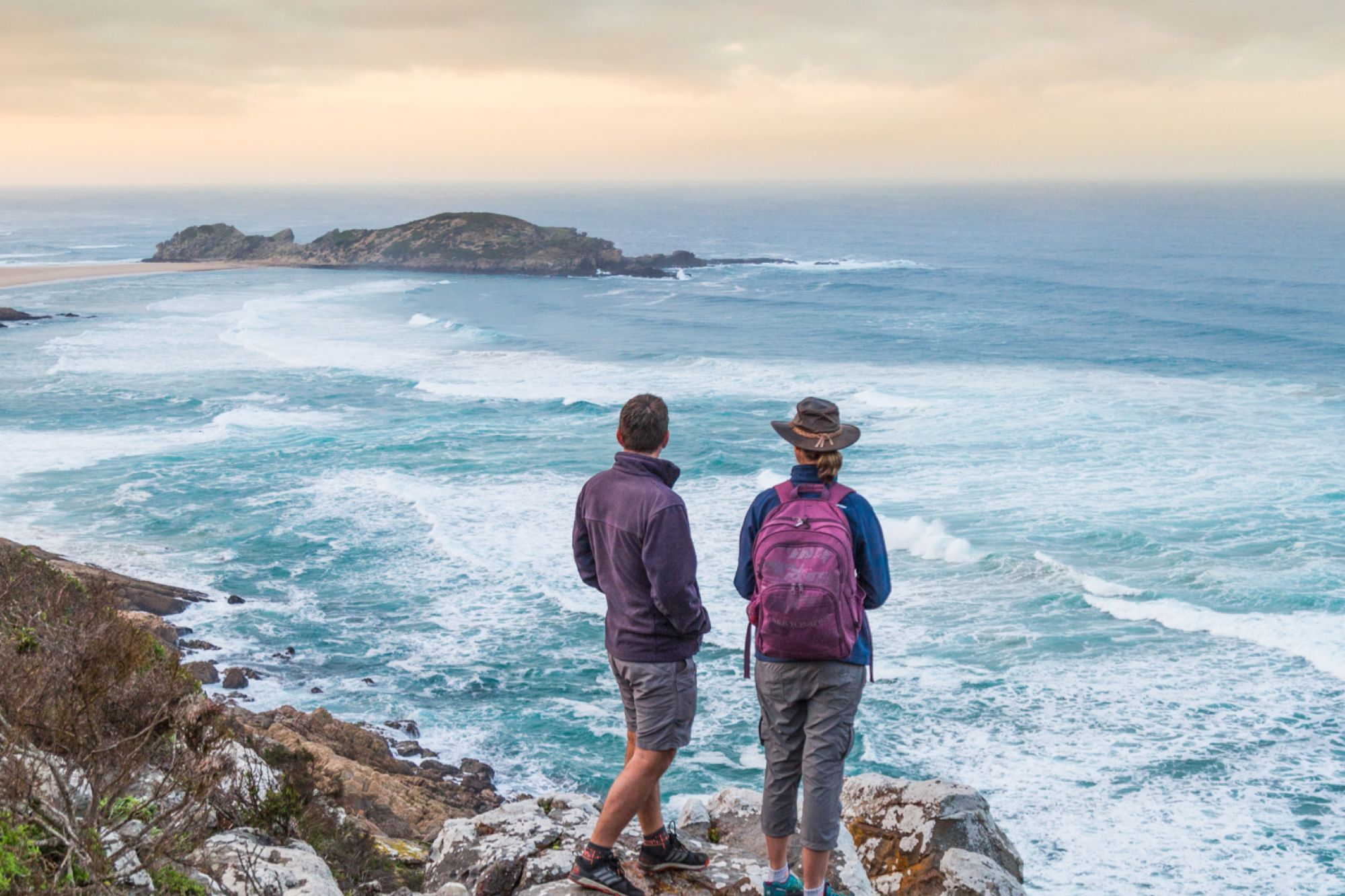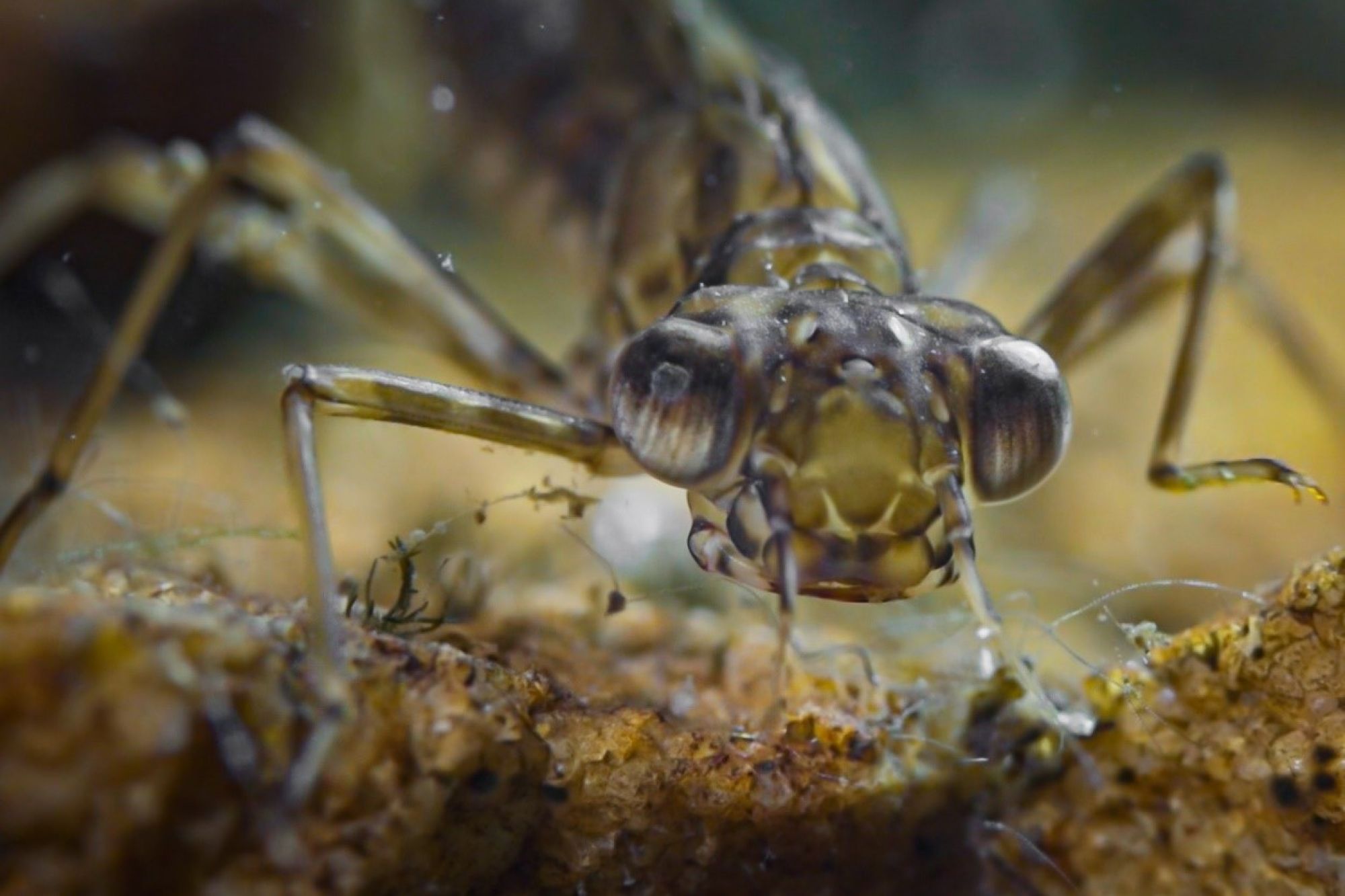
Sights unseen, the magical miniature world of aquatic invertebrates
By Jeanne Gouws, Freshwater Ecologist
When it comes to the animal Kingdom, conservation is not all about everything big. Big and “furry”, big and “leather-y” or big and “scale-y” vertebrates are not the be-all and end-all of biodiversity. The smaller invertebrate beings, often alien looking, are frequently forgotten. CapeNature ecologists, however, did not forget about the aquatic invertebrates during recent river surveys, just before lockdown. Numerous river sites were visited during December 2019 and February and March 2020.

Teloganodidae, Barbarocthonidae, Sericostomatidae, Glossosomatidae. These big word tongue-twisters are the family names of some of the endemic mayflies and caddisflies that call the South Western Cape rivers home. It is not surprising then that they were collected in the healthy upper parts of rivers of the Hexrivier, Riviersonderend and Grootvadersbosch catchments in the Western Cape.

These insects, like several others, prefer good quality water and share their slightly acidic, often peat stained watery homes with numerous other invertebrates. Some of the invertebrates collected during the surveys, could be seen with the naked eye and for others, a magnifying glass was needed. Some are fully aquatic, like riffle and marsh beetles and most bugs, spending their entire lifecycle in the water. Most are semi-aquatic, like dragonflies and damselflies, spending their early life stages under water and their adult stages above.

These and other invertebrates, including flies, bugs, crabs and snails (amongst others), have differing tolerances to pollution levels in water. The super sensitive stoneflies and the endemic caddisflies are found in mountain streams and upper foothill rivers with good water quality.

Common midges, mosquitos and freshwater earthworms can tolerate polluted waters, and were found at both healthy and polluted river sites during the recent surveys.

By assessing the health of ecosystems and providing distribution records for taxa our ecologists play a crucial role in contributing to the documenting of the unique biodiversity of our province. This in turn then ensures that the ecosystems housing these taxa are managed in an informed way, taking all relevant fauna and flora into account.

Related News
How can I assist you today?
How can I assist you today?



